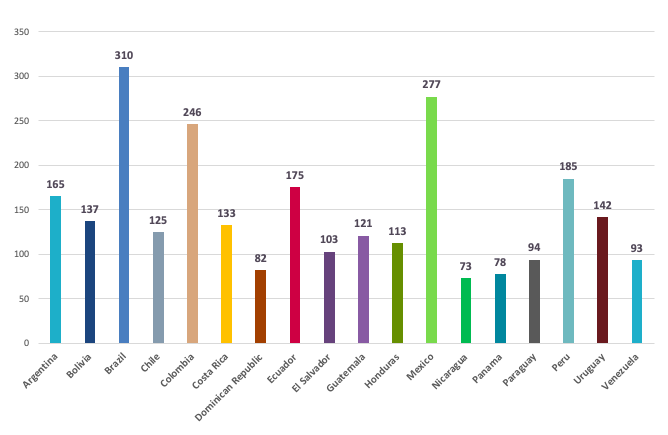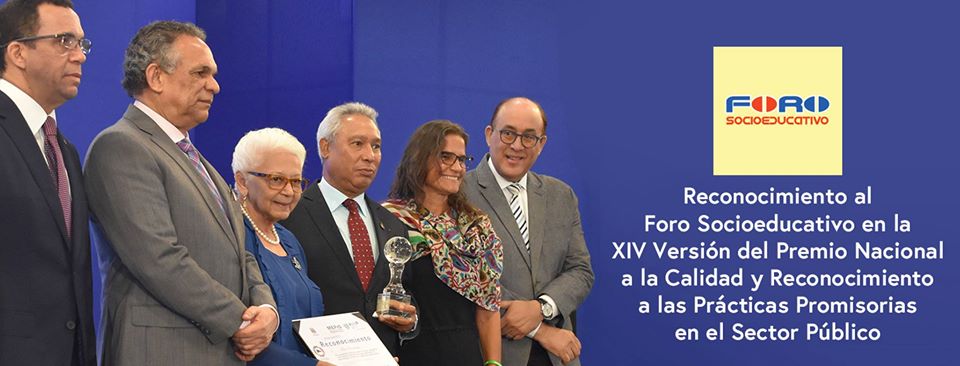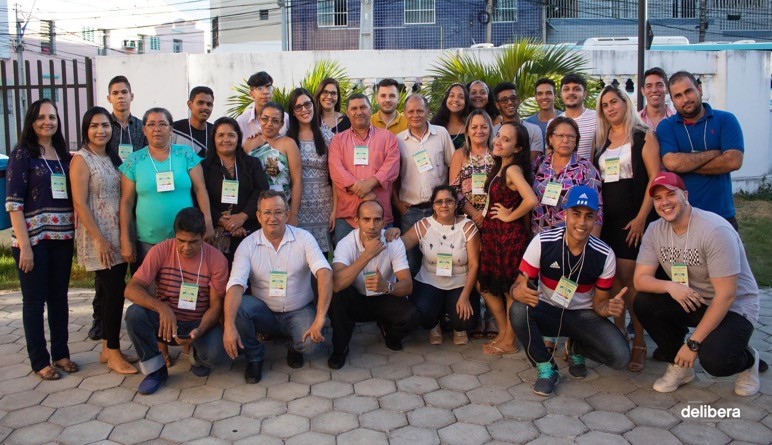Notícias
February News 2020
Currently @ LATINNO
Citizen participation in public service delivery improves and strengthens the relationship between citizens and governments, while promoting citizen engagement and participation in public affairs. The active inclusion of citizens enriches democratic governance by facilitating the search for solutions to public problems.
This month, our newsletter focuses on democratic innovations that seek to promote citizen participation in public services in Latin America, specifically on the areas of education, security and justice, and waste management.
Database Progress
2020 marks the start of LATINNO’s phase III, dedicated to the completion and update of our database with cases from 2017 to 2020. In this newsletter section you will be able to follow our progress with a regular update of new cases added for each country.
Since our latest database update, we finished collecting and coding new cases of democratic innovations in El Salvador, Guatemala, Honduras, Argentina, Bolivia, and Ecuador. Our current total of cases is 2652 so far!

FEATURED CASES:
Socio-Educational Forum - Dominican Republic
The Socio-Educational Forum is a network of organizations engaged in the field of education in the Dominican Republic. Its objective is to enrich and promote the debate on the subject in order to help shape a more comprehensive and inclusive system. The Forum performs a continuous evaluation and monitoring of the country's educational policies and the allocation of public spending, it also actively engages in and coordinates movements for the implementation of a progressive educational agenda.
One example of its advocacy efforts was the systematization -between 2007 and 2011- of the Coalition for the Right to Decent Education (CED), which called for the administrative compliance with the General Law of Education in regards to the proper funding of pre-university education. Furthermore, at the grassroots level, the Forum aims to strengthen institutions within the educational system, an example of this is the reflective table organized in March 2019, which offered participants an opportunity to share good practices in extended and full-day schools. In 2019, the work of the forum was recognized during the National Award for Quality and Recognition of Promising Practices in the Public Sector for helping the government’s efforts in ensuring equal access to quality education.

Citizen Council for Security and Justice of the State of Puebla - Mexico
Created in 2017, the Citizen Council for Security and Justice of the State of Puebla (Span. Consejo Ciudadano de Seguridad y Justicia del Estado de Puebla, CCSJ) is an independent and autonomous organization ran by civil society representatives that seeks to promote citizen participation in topics related with security and justice.
The CCSJ offers free counselling and guidance to crime victims, whom they accompany throughout the whole legal process. Similarly, the organization offers free mentoring to communities and neighborhoods in order to organize and implement strategies for the prevention of violence and insecurity. With the aim of promoting transparency and legality, the CCSJ also monitors and evaluates the service quality and performance of the State Prosecutor’s Office. Additionally, and using the information collected through its various initiatives and programs, the organization provides feedback to the State’s security and justice authorities. To date, the CCSJ has provided 5578 legal consultancies and has addressed 1506 complaints.

NEWEST INNOVATION:
Citizen Council of Fortaleza - Brazil
The Citizen Council of Fortaleza (Por. Conselho Cidadão de Fortaleza) was a pilot project promoted by Delibera Brasil, Fortaleza’s Observatory (Por. Observatório de Fortaleza), and members of Fortaleza’s City Hall (Por. Prefeitura de Fortaleza) through the support and financing of the newDemocracy Foundation and the United Nations Democracy Fund (UNDEF) with the aim of making democracies more inclusive and demonstrating how deliberative processes can work in practice.
With the aim of finding solutions for the management of solid waste in Fortaleza, Brazil, a citizen council was formed by 40 residents which were randomly selected through a software. The citizen council held 5 sessions throughout October, November, and December of 2019, in which they discussed and got deeper understanding on solid waste management. During the last sessions, the council elaborated a document (Relatório de Proposições Democráticas do Conselho Cidadão de Fortaleza) with 19 recommendations derived from the ideas and proposals discussed during the sessions.
This initiative was the first of three pilot projects of the Democracy Beyond Elections program. The experiences from the pilot projects were taken into account for the creation of a handbook on the design and operation of citizen assemblies.

